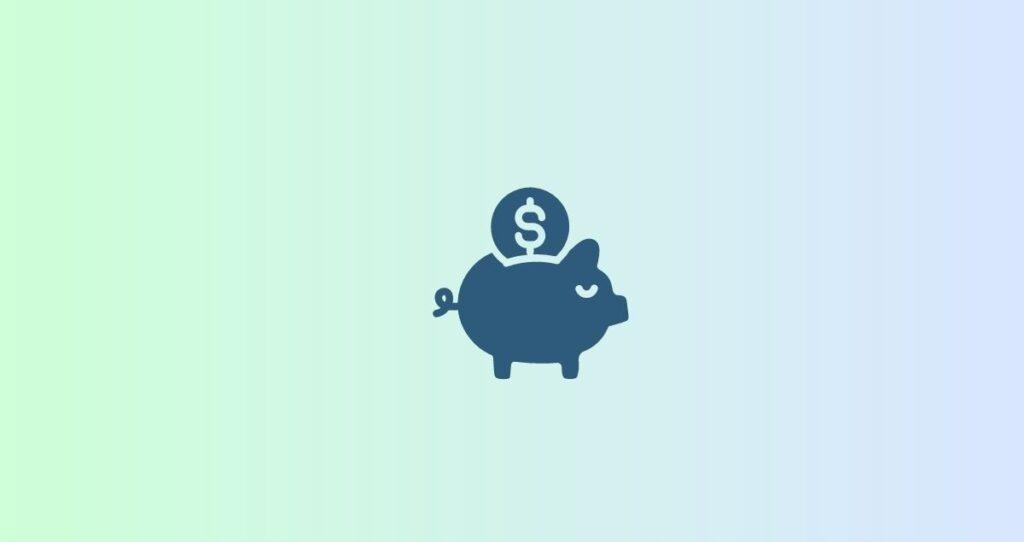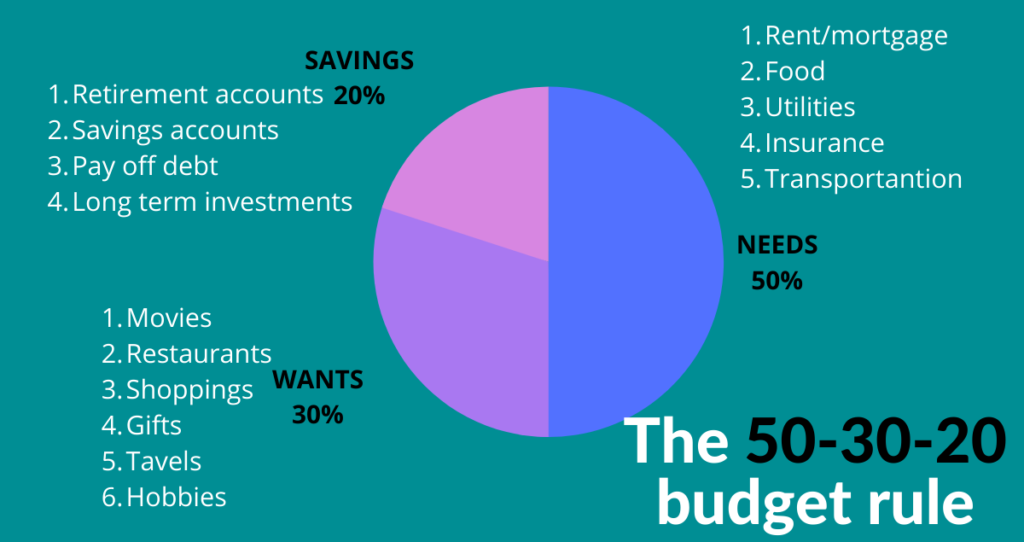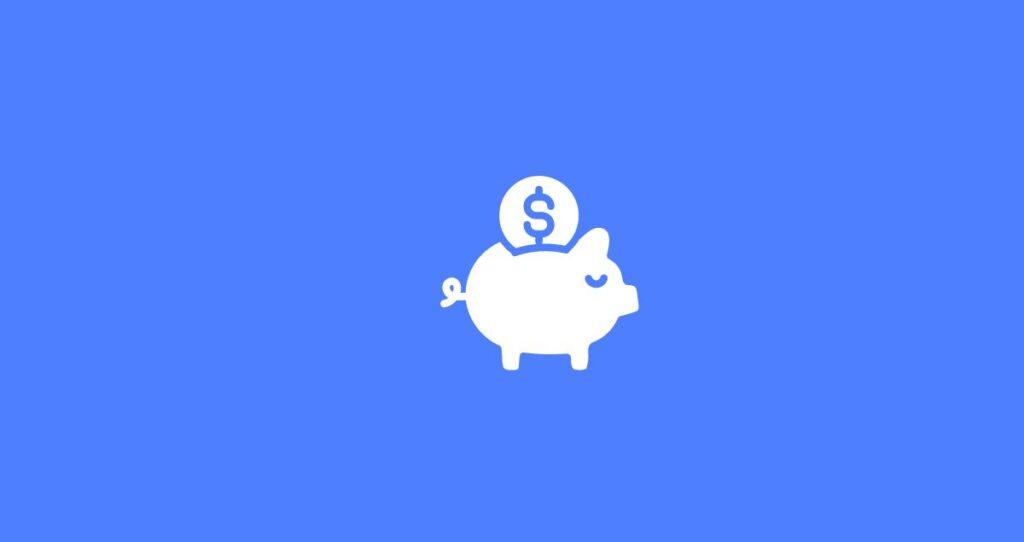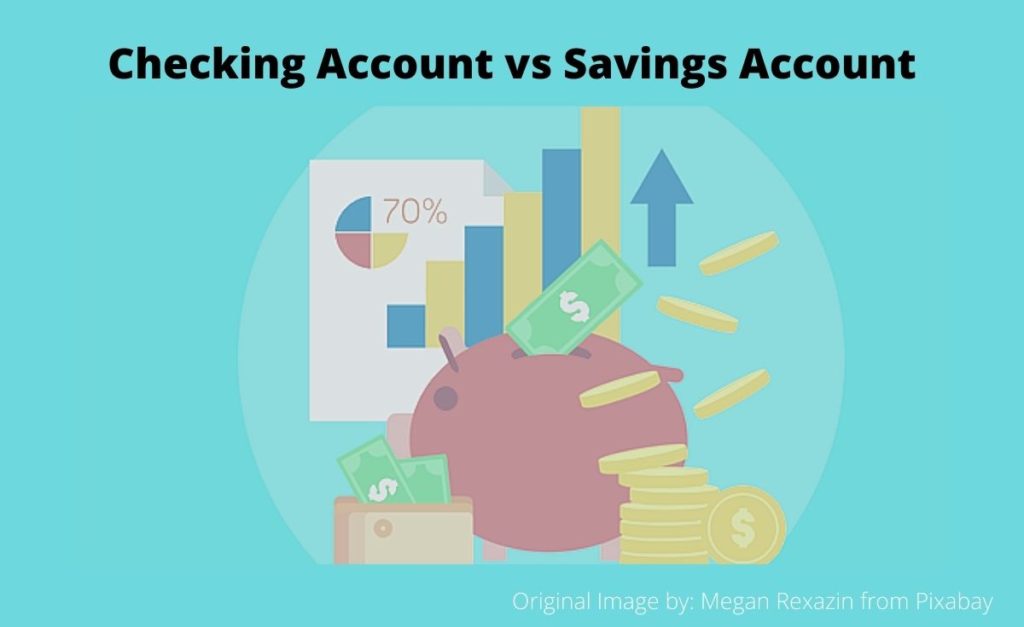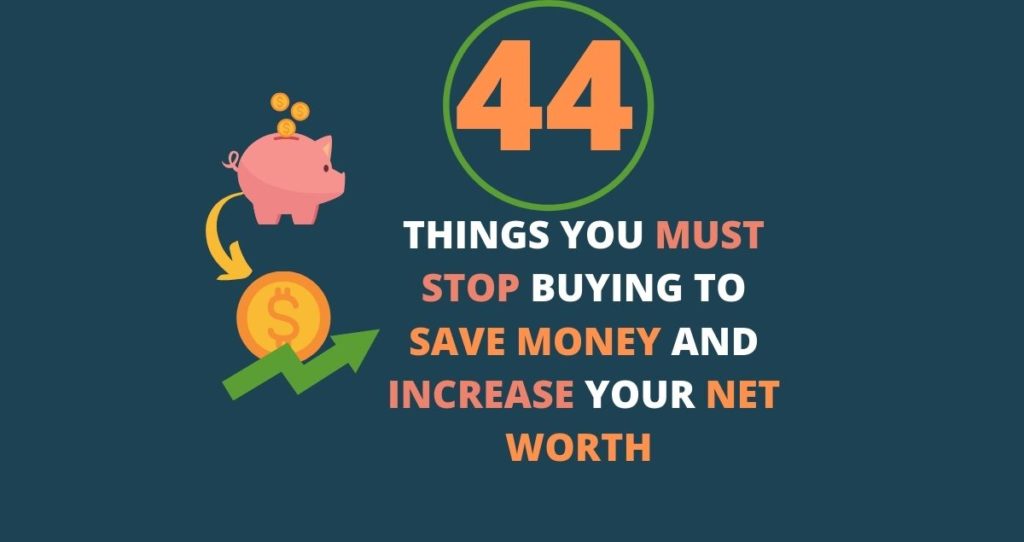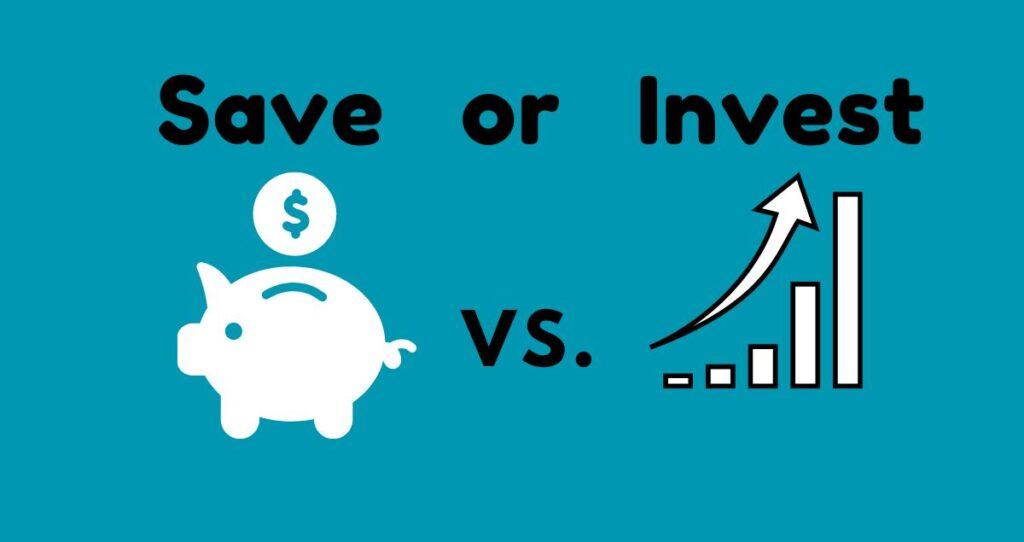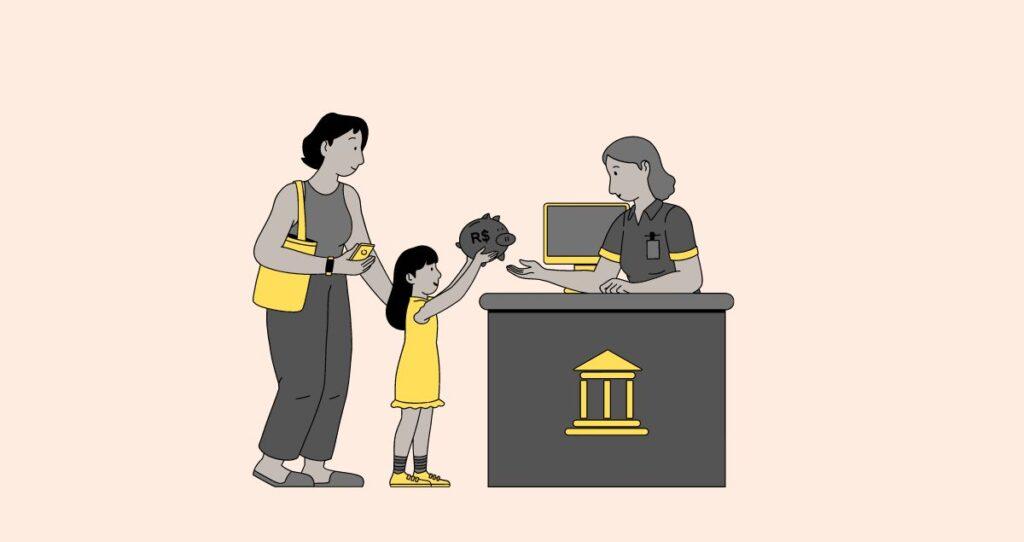Cashing out a CD might take a few business days depending on your institution and the method used such as check or direct deposit. After your CD has matured, you typically get about a 5 to 10 days grace period in which you can cash out a CD penalty-free. The grace period will also be the right time to renew your CD or reinvest your money in a different CD account.
While the process of cashing out a CD seems simple and straightforward, there’s a lot more to it than meets the eye. From fees to taxes to penalties(when applicable), there are several factors to consider before making a decision. In this article, we’ll explore everything you need to know about cashing out CDs, including the pros and cons, penalties for early withdrawals, and what to do with your money after a CD matures.
How long does it take to cash out a CD?
Cashing out a CD is relatively easy and straightforward especially if you wait until maturity. Before you cash out a certificate of deposit it is important to know your maturity date and your grace period.
- Maturity date. This is the date the term of your CD ends-meaning you can withdraw the money free of penalty. For example, if you have a 1-year CD, the maturity date will be the date this term ends after one year.
- Grace period. Your CD grace period is a small window where you can make a decision as to what you do with your account after maturity. The grace period is usually between 5 to 10 days depending on your institution. After your CD matures, you will have three options. (1) cash out a CD account, (2) renew your CD account or reinvest in a different one, or (3) do nothing and let your bank renew your CD automatically.
Before your CD matures is it critical to know what you want to do with your CD account to avoid financial loss. Your lender may renew your certificate of deposit automatically if you choose to do nothing.
Assuming that you have decided to cash out a CD, how long does it take?
To cash out a CD at maturity, you’ll need to contact your bank or financial institution and let them know that you would like to withdraw the funds. Depending on the institution, this could be done via phone, online, or in person at a branch. It’s a good idea to call ahead and confirm exactly what documents you’ll need to bring with you, such as identification or your account number.
Once your request is processed, you’ll receive the funds in your designated account. This is typically done via electronic transfer or a check. The entire process of cashing out a CD can take anywhere from a few business days to a week, depending on the institution and the amount of your withdrawal.
It’s important to keep in mind that if you try to cash out a CD before it’s reached its maturity date, you’ll likely face penalties and fees. This is why it’s essential to carefully consider your investment timeline and goals before investing in a CD account.
How to cash out a CD at maturity?
When it comes to cashing out a CD at maturity, the process can vary depending on the institution holding the CD. However, there are a few general steps that you can take to ensure a smooth and efficient transaction.
First, you’ll want to keep an eye on the maturity date of your CD. Most institutions will send you a notice a few weeks before the CD matures. But, it’s always a good idea to mark the date on your calendar as well. Once the CD has reached its maturity date, you can contact your bank or financial institution to begin the process of cashing it out.
In most cases, you’ll need to provide some form of identification to verify your identity. You may also need to fill out some paperwork or make a request online. Depending on the institution, you may be able to receive your funds via direct deposit into your account or a check which you can cash later.
Penalties for early CD withdrawals
It’s crucial to keep in mind that CDs are typically designed to be long-term investments. If you try to cash out your CD before it reaches its maturity date, you may be assessed penalties and fees. Early CD withdrawals can result in the loss of any interest you’ve accrued up until that point, as well as a portion of your principal investment.
A common penalty for early CD withdrawals is the forfeiture of a certain number of months’ worth of interest. For example, the early CD withdrawal penalty for Wells Fargo is stated as follows.
| CD terms | Early CD withdrawals penalty |
| Less than 90 days(under 3 months) | One month’s interest |
| 90-365 days(3-12 months) | 3 month’s interest |
| 12months-24 months | 6 month’s interest |
| Over 24 months | 12 month’s interest |
Keep in mind that federal regulations also impose the minimum withdrawal penalty on CD accounts which are stated in Regulation D. The Regulation D Penalty is at least seven days’ interest if you:
- Withdrew money within the first six days after the deposit
- Made a withdrawal and a deposit during the grace period but the withdrawal exceeds your matured CD balance
- Made a withdrawal within seven days of any prior withdrawal where the bank does not apply an early CD withdrawal penalty.
Early CD withdrawal penalty can be a significant amount, particularly if you’ve invested a sizable sum into your CD. In addition to losing out on interest, you may also be charged a fee for initiating an early withdrawal. These fees can vary depending on your financial institution, but they can range anywhere from $25 to several hundred dollars.
It’s essential to carefully consider your investment timeline and goals before investing in a CD. If you suspect that you may need access to your funds before the CD reaches maturity, it may not be the right investment vehicle for you. However, if you do need to cash out your CD early, it’s important to work with your financial institution to determine the best course of action.
The pros and cons of cashing out CDs early
Before deciding to cash out your CD early, it’s important to weigh the potential advantages and disadvantages. One of the main benefits of cashing out a CD is having access to funds that may be needed sooner than anticipated. This could be particularly beneficial in emergency situations or unexpected life events. However, it’s important to keep in mind that early withdrawal penalties may apply, which could significantly reduce the overall return on investment.
Another potential drawback to early withdrawal is missing out on higher interest rates that may be available with longer-term CDs. By cashing out early, you may be forfeiting the opportunity to earn a higher return on your investment. Additionally, if you are withdrawing funds before reaching maturity, you may be limiting your options for reinvesting those funds in the same CD especially when you have a higher APY.
What to do with your money after a CD matures?
After your CD matures, you may be wondering what to do with the money you’ve just earned. One option is to roll it over into another CD, which means renewing your agreement with the financial institution for another term length. This can be a great choice if you’re happy with the interest rate and terms of the original CD, and you don’t need the money immediately.
Another option is to invest the money elsewhere, such as in a mutual fund or stocks. This can offer potentially higher returns but also carries more risk. It’s important to consider your risk tolerance and investment goals before making any decisions.
If you need the money immediately, you could simply withdraw it and put it into a high-yield savings account or use it to pay off debt. For example, if you have credit card debt, you should take care of this debt before reinvesting your CD money.
Related: What happens when a CD matures: Should you Reinvest in a new CD or cash out?
How to avoid CD early withdrawal penalty?
When you invest in a CD, it’s important to understand the terms and conditions of the account. One of the most important things to know is the maturity date. This is the date when your CD will reach its full term and you’ll be able to withdraw your money penalty-free.
To avoid an early CD withdrawal penalty, it’s crucial to plan ahead and know when your CD is set to mature. This will allow you to make informed decisions about what to do with the money and avoid any unwanted surprises.
If you need to withdraw your money early, there are some steps you can take to avoid penalties.
The following are tips to avoid an early CD withdrawal penalty
- Take a loan against the CD instead of withdrawing the money. This can be a good option if you need access to cash but still want to keep your CD in place.
- Wait for your CD to mature. Cashing out a CD after it has matured is the best way to maximize your ROI and avoid an early CD withdrawal penalty.
- Open a no-penalty CD. If you think you might need to break your CD terms, open a no-penalty CD. This will give you access to your funds whenever you want. Keep in mind that these CDs come with a lower APY.
- Negotiate with your bank or credit union. You may be able to work out a deal to withdraw your money penalty-free in certain circumstances, such as a medical emergency or job loss.
- Open a CD ladder. CD laddering is when you open multiple CDs with different maturity dates. This allows you to have access to some of your funds instead of waiting for a long time before you can cash out of a CD.
- Withdraw your money at the right time. If you decide to withdraw your money early, make sure you do so at the right time. Withdrawing your money too soon could result in an even higher penalty than if you had waited until the maturity date.
- Invest the money you can afford to keep away. Before you open any CD, evaluate your financial situation and deposit the amount you can afford to keep in the account for a while.
- Open a short-term CD. Short-term CDs come with lower rates but they mature faster. Meaning you will have access to your funds sooner than later.
- Create an emergency fund before investing in a CD. Having an emergency fund allows you to take care of financial uncertainties and prevent you from taking money out of your CD.
When is early CD withdrawal worth it?
While avoiding penalties is generally the goal, there are certain circumstances where it may make sense to take the hit and withdraw your funds early.
For instance, if interest rates have increased significantly since you originally invested, you may be able to earn more by investing in a different type of account. Additionally, if you have an unexpected and pressing expense that you need the money for, it may be worth paying the penalty to access your funds.
It is also worth it to liquidate your CD and take care of high-interest loans. For example, if you have a lot of revolving credit debts such as credit card debts and personal loans, it will be wise to cash out a CD early and pay off these loans. At the end of the day, it will not make sense to earn 2% APY on a CD while paying 20% APR on your credit card debts.
How do taxes affect your CD withdrawals?
In addition to penalties, you’ll also be subject to income tax on the interest earned on the CD. This can be particularly concerning if you’re withdrawing a CD that has accrued a significant amount of interest over time. The taxes you’ll owe on the interest earned will vary based on your tax bracket and filing status. Federal income tax rates range between 10% to 37%. So, it’s important to speak with a tax professional to determine the potential impact on your tax liability.
How to close a CD account?
When the term of your Certificate of Deposit (CD) has ended, you have three options: renew the CD, withdraw the money, or close the account. If you decide to close the account, here’s a step-by-step guide on how to do it.
- Review the terms and conditions. Before closing your CD account, make sure you understand the penalties, fees, and restrictions that may be applicable. Some banks may require you to provide written notice of your intention to withdraw the funds before the maturity date.
- Contact your bank. Call or visit your bank to inform them that you want to close the CD account. They may require you to provide identification, your account number, and your signature.
- Request a payout. Ask your bank to transfer the funds to your checking or savings account or request a check. Depending on the bank, there may be a hold on the funds for a period of time.
- Consider penalty and tax implications. If you’re closing a CD before it matures, you may be subject to an early withdrawal penalty and taxes. Consult a financial advisor to understand any tax implications.
- Keep records. Keep a copy of all documentation related to the CD account closure, including any withdrawal receipts, to ensure that the process was completed correctly.
The bottom line
Cashing out a CD can take as little as a single day to a few business days. To cash out a CD, contact your bank and let them know that you want to cash out your CD account.
Before you cash out your account, however, there are important details to keep in mind. Make sure that your CD has matured to avoid an early CD withdrawal penalty. Depending on your CD term and financial institution, you might pay a penalty and a fee for withdrawing money from your CD early.
Additionally, you will also pay income tax on the interest you earned on your CD. Finally, it is important to have a plan of what to do with your funds when your CD matures. Having an alternative investment option is essential to ensure a continuous return on investment and the potential to grow wealth.
